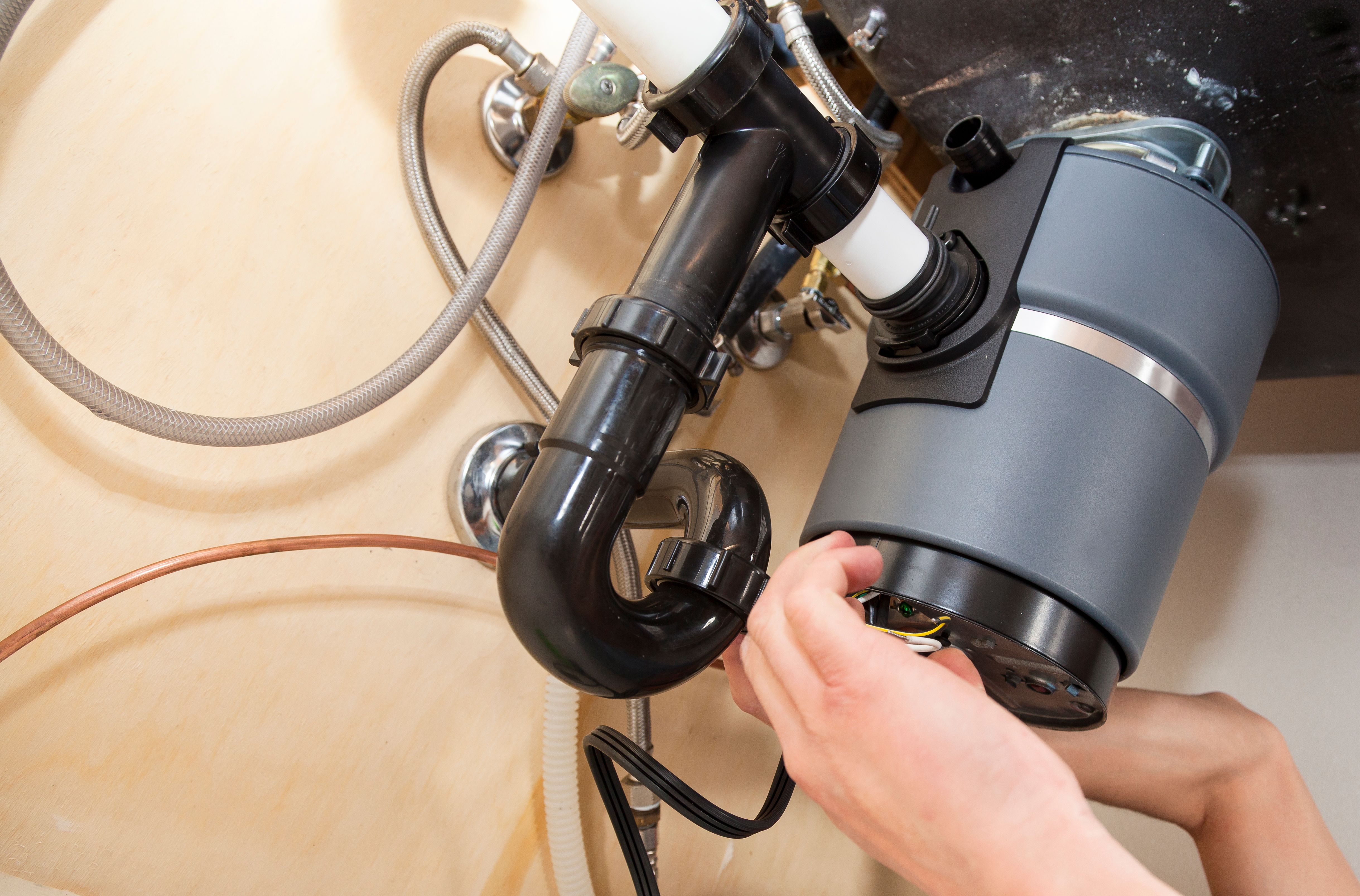Sustainable Solutions: The Rise of Compostable Coffee Cups
The Environmental Impact of Traditional Coffee Cups
Every day, millions of coffee cups are discarded after a single use, contributing significantly to global waste. Traditional disposable coffee cups often have a plastic lining, making them non-biodegradable and challenging to recycle. As a result, they end up in landfills, where they can take hundreds of years to decompose.
The environmental consequences of this waste are profound. The production and disposal of these cups contribute to carbon emissions and the depletion of natural resources. This has prompted an urgent need for sustainable alternatives that can alleviate the pressure on our planet.

The Rise of Compostable Coffee Cups
In recent years, there has been a significant shift towards more eco-friendly solutions in the food and beverage industry. One promising development is the introduction of compostable coffee cups. Unlike their traditional counterparts, these cups are designed to break down naturally in composting environments, leaving no toxic residue behind.
Compostable coffee cups are typically made from renewable materials such as cornstarch or sugarcane bagasse. These materials are not only biodegradable but also require less energy to produce, making them an excellent choice for environmentally conscious consumers and businesses.

Benefits of Compostable Coffee Cups
The adoption of compostable coffee cups offers numerous benefits:
- Reduced Environmental Impact: By using materials that can decompose naturally, these cups help reduce the long-term impact on landfills and oceans.
- Lower Carbon Footprint: The production process for compostable materials often requires fewer resources and generates fewer emissions.
- Support for Circular Economy: Compostable cups can be turned into nutrient-rich compost, which can then be used to enrich soil, supporting sustainable agriculture practices.
Challenges and Considerations
While compostable coffee cups present a viable solution, they are not without challenges. Proper disposal is crucial for these cups to fulfill their environmental promise. They need to be processed in industrial composting facilities, which may not be readily available in all areas.
Education and infrastructure development are key to ensuring the effective use of these products. Consumers need to be informed about proper disposal practices, and municipalities should invest in the necessary infrastructure to handle compostable waste efficiently.

The Role of Businesses and Consumers
Businesses play a critical role in driving the adoption of compostable coffee cups. By offering these sustainable alternatives, they can demonstrate their commitment to environmental responsibility and appeal to eco-conscious customers. Meanwhile, consumers can support this movement by choosing establishments that prioritize sustainability.
It is also essential for businesses to educate their customers about the benefits and proper disposal methods for compostable cups. This can be achieved through clear labeling and informative marketing campaigns.
Looking Ahead: A Greener Future
The rise of compostable coffee cups is a step in the right direction towards a more sustainable future. As awareness and demand grow, we can expect further innovations and improvements in sustainable packaging solutions.
Ultimately, the transition to compostable options represents a broader shift towards sustainable living. By embracing these changes, we can collectively reduce our environmental footprint and contribute to a healthier planet for future generations.
Commercial Kitchen Marketplace
Your one-stop online destination for equipping professional kitchens. Discover a wide selection of durable, high-quality commercial-grade appliances, from heavy-duty ovens and refrigeration units to efficient food preparation tools and essential kitchenware. Visit our store: http://avice.org

